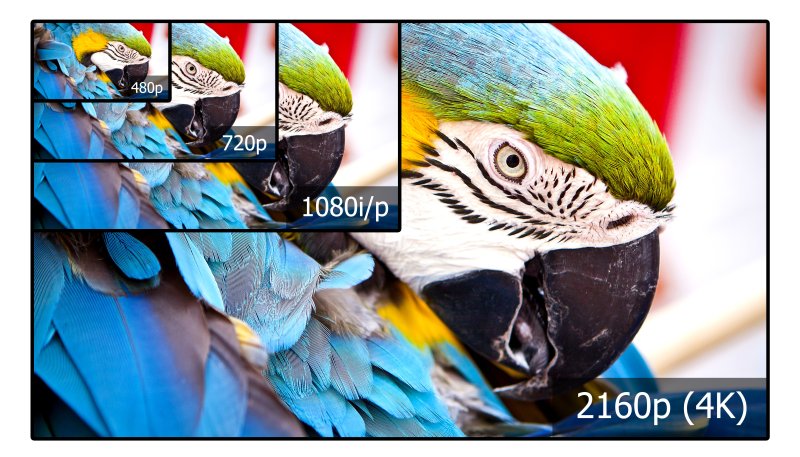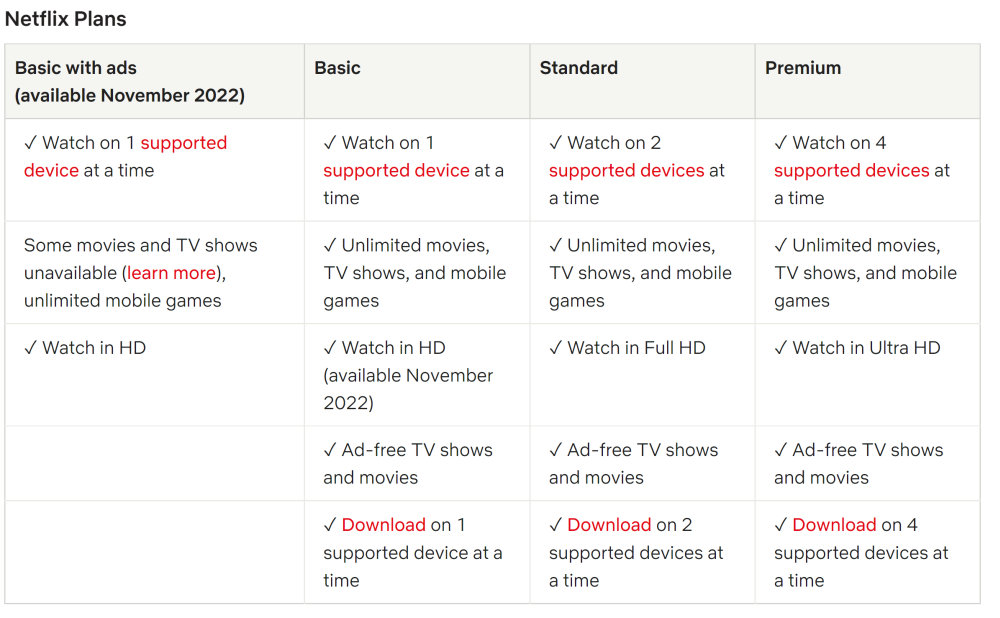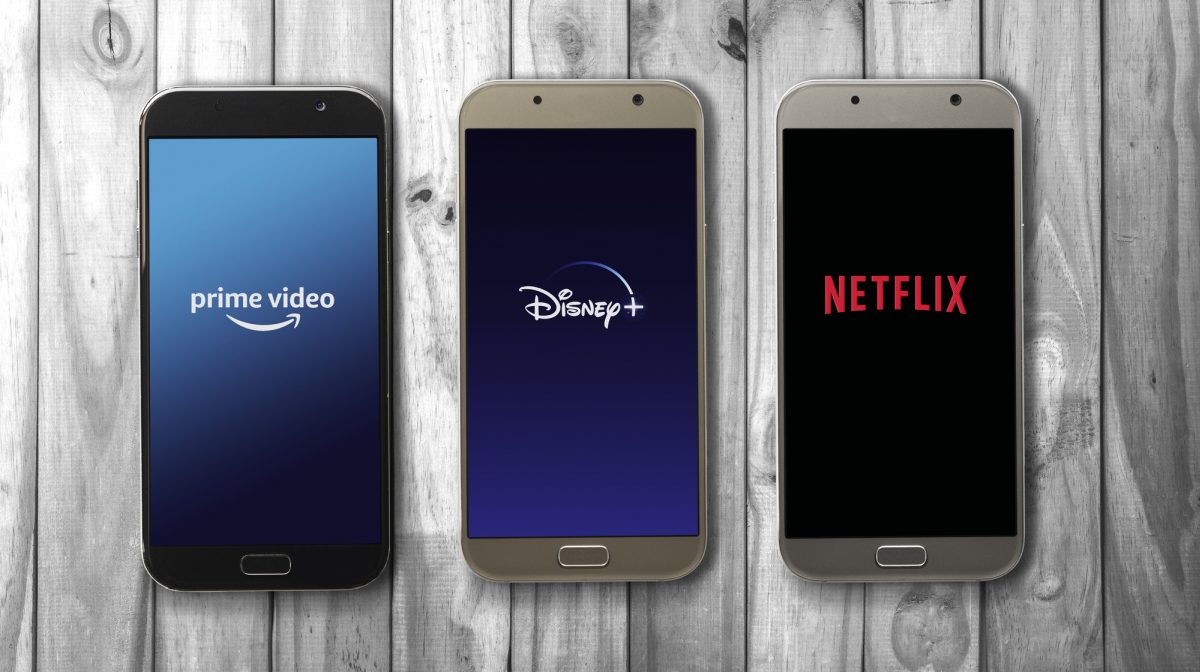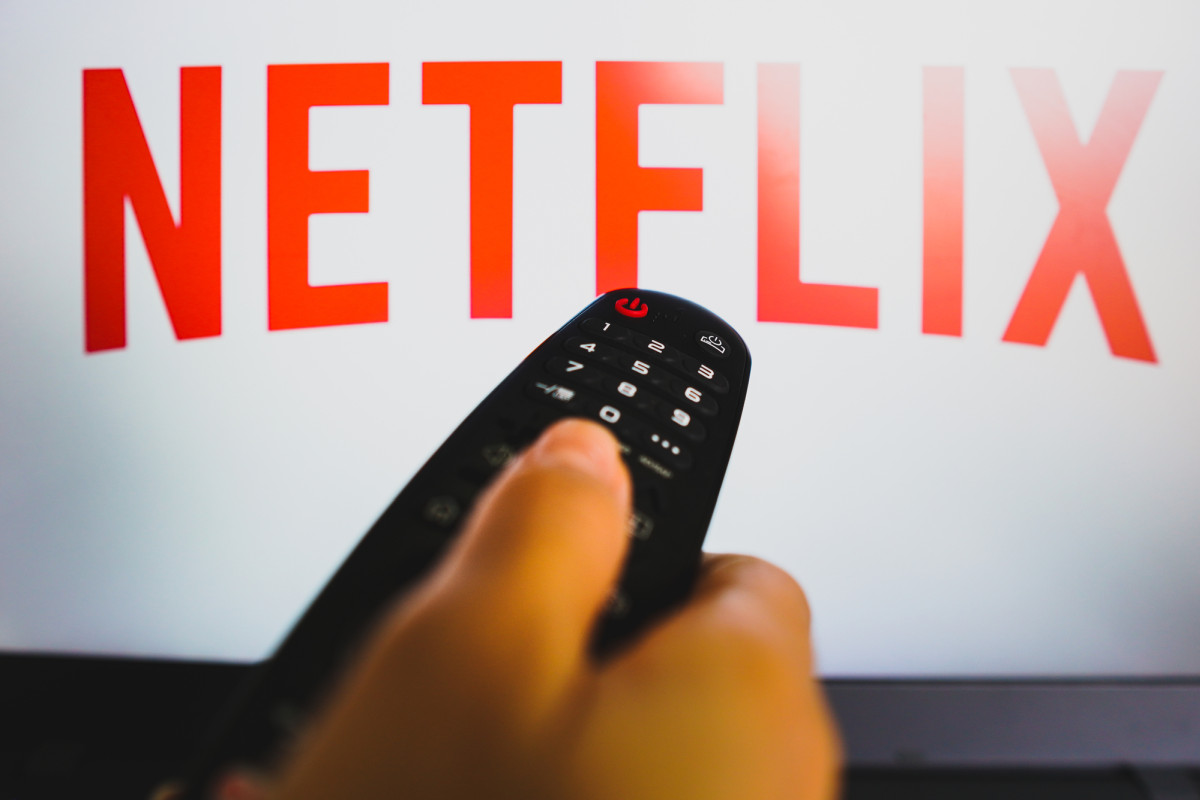Millions of Netflix subscribers in the UK are getting a free picture quality upgrade this week, with Netflix updating the resolution on its Basic plan.
Although the biggest Netflix news of the week was the launch of the streaming company’s new low-cost ad-supported tier, that’s not the only change the streaming company made this week.
Until this week, Netflix Basic was the lowest-cost tier customers could subscribe to, at £6.99/month. Among the basic tier’s limitations was the paltry picture quality level.
Since its launch many years ago, Netflix’s Basic plan was limited to a resolution of Standard Definition (480p) – a picture quality level that dates back to DVDs, and looks particularly bad on today’s huge Full HD and 4K TVs.

Starting this week, Netflix Basic’s resolution is finally moving up to 720p HD (1280 x 720) – which is still not Full HD (1080p), but is nevertheless a significant upgrade to video quality over SD.
And best of all, this bump doesn’t carry with it an extra cost, and the Basic tier will remain at £6.99/month.
This video quality upgrade has been long overdue (see our full comparison below), with very few – if any – paid streaming services delivering content in SD (although a lot of the content on the UK public broadcasters streaming apps – such as ITV Hub and All4 – is still in SD).
Netflix’s cheapest tier, the new Basic-with-Ads, is launching with 720p resolution from the start – so the two Basic tiers (with and without ads) now feature the same video quality resolution.
Netflix UK Plans Compared
For a very long time, Netflix offered three tiers in the UK – Basic, Standard and Premium. But, starting November 3, 2022, there are now four separate plans available – along with the video quality bump.

The Basic with Adverts Plan at ;£4.99/month – lets you stream content in HD (720p), on only one device at a time, and you can’t download content for offline viewing. Most of the content is available (including Netflix’s mobile games) – but some shows and films are missing from this tier. With up to 4-5 minutes of adverts per hour.
The Basic Plan at £6.99/month– lets you stream content in HD (720p) without adverts, on only one device at a time. You can download shows and films to your phone/tablet (but only on one device at a time) and you get the entire Netflix content library (including mobile games).
The Standard Plan at £10.99/month – lets you stream content in Full HD (1080p), on up to 2 devices at a time (without adverts), and you can download content on 2 devices at a time. You get the entire Netflix content library (including mobile games).
The Premium Plan at £15.99/month – lets you stream some content in UltraHD (4K), on up to 4 devices at a time (without adverts), and you can download to 4 devices at a time. Also includes the entire Netflix content library (including mobile games).

As always, remember that you can get an even more extensive Netflix library by opening up other Netflix countries around the world, with a VPN.
Netflix’s Video Quality VS The Competition
With this week’s video quality bump, Netflix finally offers a minimum of HD (720p) resolution.
While the Basic plan was, until this week, the cheapest Netflix plan at £6.99/m – it was still a pretty bad offer when compared to competing streaming services in the UK.

Amazon Prime Video costs £5.99/month (or £95/year if you get the full Amazon Prime membership), and includes 4K streaming, so it’s miles ahead of Netflix’s Basic and Basic-with-Ads video resolution, even with the new 720p. Amazon did increase the price of the full Amazon Prime subscription last month – but you can still get the video-only tier for the same £5.99/m.
Disney+ costs £7.99/month or £79.90/year in the UK, also with 4K included as part of the plan. An ad-supported tier is coming sometime in 2023.
Apple TV+ costs £6.99/month (following the recent price hike), and all of its content (which is based on Apple TV+ Originals) is available in 4K/HDR.
Paramount+, which is £6.99/month, only offers Full HD (1080p) video quality in the UK, even though the US version does support 4K / HDR.
NOW (formerly known as NOW TV), offers separate plans for films, TV shows, and sports. At £9.99/month for the TV package (that includes kids’ content) and £9.99/month for the Cinema membership, it’s by far the most expensive UK streaming service when you combine the two.
In terms of video quality, NOW lags behind with 720p on its basic subscription level – so is now similar to Netflix’s Basic plan (but costs more). If you want Full HD (1080p), you have to pay extra for NOW Boost – which also removes the adverts.
As mentioned, the Public UK broadcasters’ streaming services are seriously behind in terms of video quality and resolution – BBC iPlayer only offers a handful of shows in 4K, though much of its other content is at least in HD (720p), while ITV Hub, All4 and My5 serve a lot of the content in Standard Definition (480p).
ITV’s upcoming ITV Hub replacement, ITVX, will stream more content in HD – but 4K isn’t in the cards, at least for now.

This is good, kind of. I mean, it’s great they have upgraded but part of me feels like they’ve had to do it.
I honestly feel 4K should be standard considering that’s pretty common now for pretty much everyone. Specially considering how it doesn’t cost them more (I used to think the higher quality meant they needed bigger servers to have the various versions of quality but when I found out that wasn’t the case then even more so).
This article here is very interesting: https://www.howtogeek.com/423433/why-do-streaming-services-charge-extra-for-hd/
Maybe you can do a write up on this also, it would be popular for sure as so many people don’t realise this 😊
ITV Hub is now streaming at 1080p for all live streams
Happy that NF have gone to atleast 720p, i’ll resubscribe now!